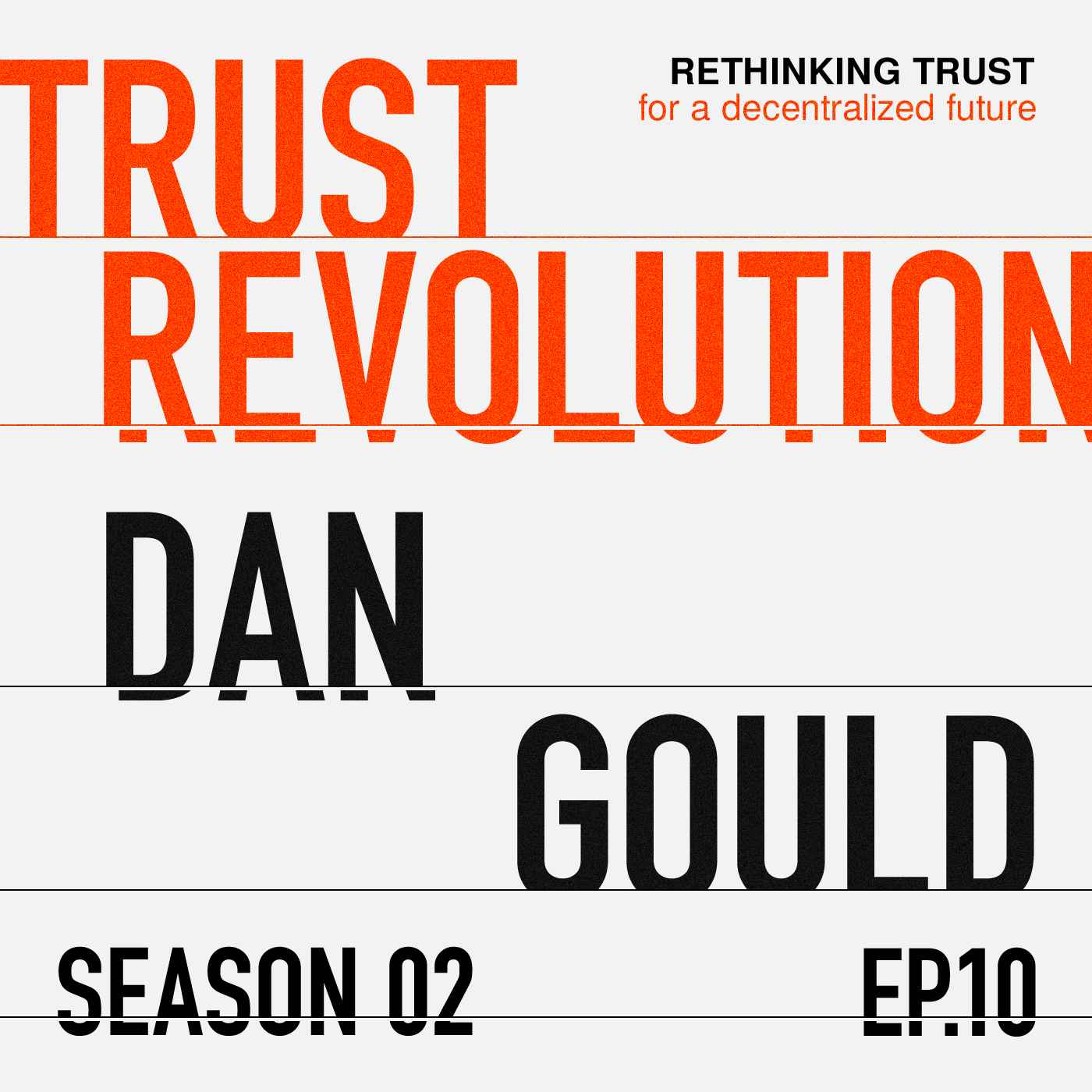Podcast Episode Details
Back to Podcast Episodes
S02E10 Dan Gould – Turning privacy into Bitcoin's economic edge
Season 2 Episode 10
“Bitcoin exists to remove intermediaries from the movement of money online. Without privacy, if someone can see how money is moving, they don't like someone you paid, they can discriminate based on that.” — Dan Gould
Dan Gould builds PayJoin, the privacy protocol that breaks Bitcoin surveillance while cutting transaction fees up to 25%. Satoshi flagged Bitcoin's privacy problem in the white paper—PayJoin solves it without mixing, turning surveillance assumptions into dead ends. When privacy becomes an economic benefit rather than a cost, adoption follows.
Episode Summary
Dan Gould reveals how PayJoin breaks the core assumption that chain surveillance companies use to track Bitcoin users across the network. By allowing both sender and receiver to contribute inputs to a transaction, PayJoin shatters the multi-input heuristic—the dragnet surveillance tool that assumes all inputs come from the same person. This isn't just privacy theater: PayJoin delivers up to 25% fee savings while protecting financial activity from arbitrary discrimination. Gould explains why Bitcoin's Fourth Amendment moment hasn't arrived yet, how interactive batching supercharges both privacy and efficiency, and why merchant adoption creates network-wide privacy improvements even for users who aren't running PayJoin. The protocol requires no trust in third parties, no heavy dependencies like Tor, and works asynchronously so participants don't need to be online simultaneously. With integrations rolling out across wallets and exchanges, PayJoin shifts privacy from an expensive add-on to a default cost reduction. Privacy, cost savings, censorship resistance—or you can keep broadcasting your transaction history to chain surveillance firms.
About the Guest
Dan Gould is maintainer of PayJoin Dev Kit, a privacy-focused Bitcoin development toolkit supported by OpenSats and Spiral. He launched PayJoin Foundation with eight independent contributors and a volunteer board to eliminate the server requirement that blocked widespread adoption of privacy-preserving Bitcoin transactions. Gould's work on serverless PayJoin (BIP 77) enables asynchronous transaction coordination through encrypted messages, removing the barrier that prevented mobile wallets and merchants from implementing the protocol. His approach treats privacy as infrastructure rather than luxury—breaking surveillance heuristics while reducing fees makes adoption inevitable rather than aspirational.
Social Links:
- X/Twitter: https://twitter.com/bitgould
- GitHub: https://github.com/DanGould
- Website: https://bitgould.com
- Substack: Privacy sans Mixing
- Email: dan@payjoin.org
Key Quotes
- “Bitcoin exists to remove intermediaries from the movement of money online. Without privacy, if someone can see how money is moving, they don't like someone you paid, they can discriminate based on that.” — Dan Gould
- “Satoshi said all the inputs necessarily come from the same person. That assumption—the multi-input heuristic—is used to dragnet surveil everyone on Bitcoin. PayJoin is the simplest way to break that privacy problem.” — Dan Gould
- “Where else do you get to increase or improve privacy and pay less for it? Anytime you're using a custodian, assuming you trust that custodian completely with your privacy, you are getting fee scaling benefits. But the problem is you have to trust that custodian.” — Dan Gould
Key Takeaways
- Surveillance companies exploit the multi-input heuristic: Chain analysis firms assume all inputs in a Bitcoin transaction come from the same person—P
Published on 1 week, 1 day ago